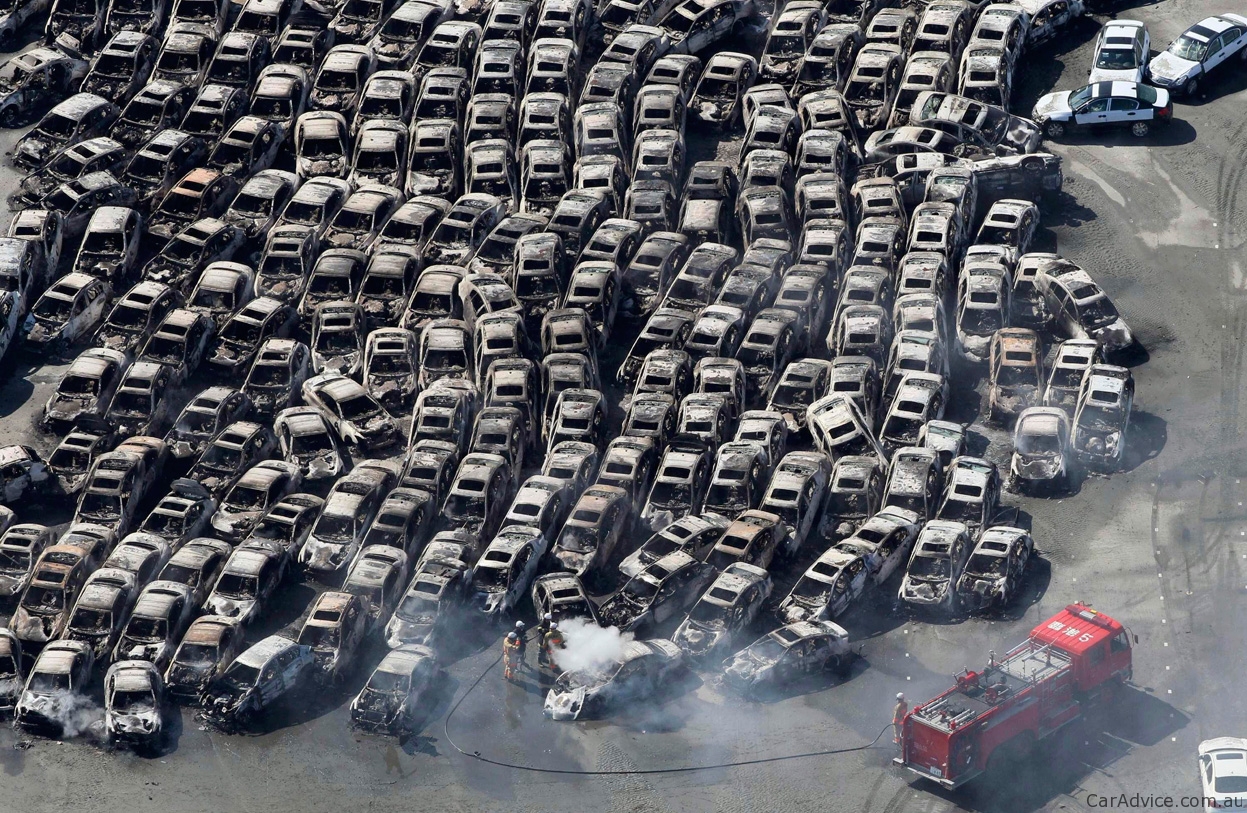Japan Tragedy Affecting the Auto Industry
- Written by
- Published in News
- font size decrease font size increase font size
- Be the first to comment!
 The earthquake and tsunami in Japan on March 11, 2011, took the lives of over 12,500 people and injured in excess of 4,000 people; even now, some 14,500 are still missing. In addition to the devastating human toll, the disaster has also wreaked havoc on Japan’s infrastructure and economy, with implications for the auto sector.
The earthquake and tsunami in Japan on March 11, 2011, took the lives of over 12,500 people and injured in excess of 4,000 people; even now, some 14,500 are still missing. In addition to the devastating human toll, the disaster has also wreaked havoc on Japan’s infrastructure and economy, with implications for the auto sector.
The damage has triggered production delays and interruptions that have temporarily caused Japanese-built cars like the Toyota Prius and the Honda Fit to become scarcer, and it’s still too early to say when Japanese manufacturers will return to a normal production cycle. Toyota, the world’s largest automaker, has suspended vehicle assembly at 16 of their 18 factories until April 18th. For the time being, these shutdowns have caused a shortage in the auto industry’s global supply chain, especially in the parts department. Nissan, Japan’s second-largest automaker, will work throughout April to recover lost production. Nissan has estimated that its loss of production will be at 55,000 vehicles. Honda has resumed limited production, pending the availability of parts. As of early April, 2011, Mazda has resumed building full-size cars.
Fortunately, the impact of the disaster has affected Canada to a lesser degree: over 80% of all Toyota and Lexus models sold in Canada are produced at the company’s North American facilities, and 95% of Honda and Acura vehicles are also produced in North America. Nissan and Infiniti have a 70-day excess supply of vehicles, and so feel confident that there will be no disruption. However, Mazda has only one plant in North America, and most of its products are imported from Japan.
With an expected parts shortage, Canada may soon be feeling the effects of the shutdowns in Japan. The aftermath of this tragedy could potentially create delays and interruptions in some of the North American assembly plants as well. For now, dealer inventories are healthy, but, as long as there are delays, only time will tell how much it will affect production in the near future.

